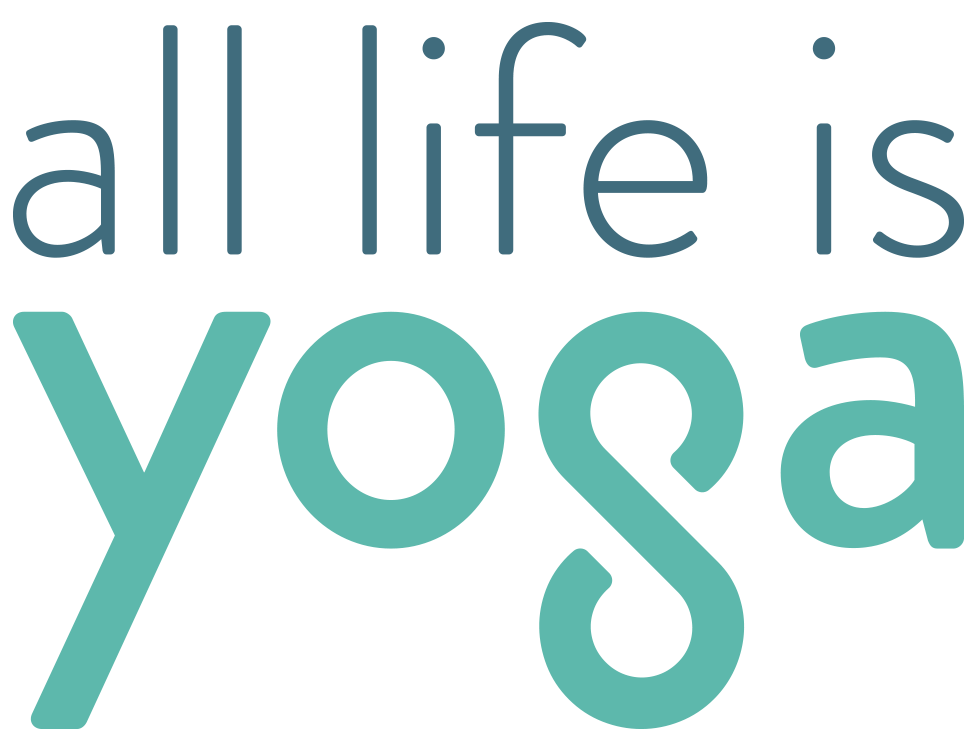"I was encouraged to try yoga by the neurologist who treats me for Parkinson’s disease, and I guess that is what might make my perspective different from that of many of your other students. As a Parkinson’s patient, I experience the increasing loss of natural, involuntary muscle function. Yoga helps me compensate using awareness and intention. One key aspect is symmetry. For now, my symptoms manifest almost exclusively on the left side of my body. The right arm and leg pick up the burden, which means I do everything crookedly. This gives me pains and strains, and of course makes the left side weaker and even less functional.
In yoga everything we do is balanced. We pay attention to posture and alignment and we work both sides of the body equally. I am regaining strength and flexibility on my left side. Equally important, I’m becoming much more aware of the issue and can decide to include my left side even when it doesn’t volunteer.
Another key skill is selective relaxation. I knew that with Parkinson’s the muscles can be slow to respond to commands. I didn’t realize that, once engaged, the muscles are reluctant to let go. Many times a day I become aware that my left hand is clenched or pressed painfully into the edge of my desk. Anything involving a lot of movement can get me pretty scrunched up.
With our yoga postures, the norm is to isolate and work specific areas while consciously relaxing everything else. As I get better at this I find a lot of use for it in daily living. Tense neck and shoulders usually don’t add much to a phone call. Now I am more likely to notice and make adjustments.
A special case is walking. I thought I had walking nailed sixty years ago, but not lately. Walking has become a very intentional process for me. From my yoga instruction I now have a mental checklist of movements and posture points that I keep running through all the time I’m walking. Hopefully with practice this will require less attention and be more consistently successful, because walking had become frustrating, exhausting, and unstable.
Beyond the Parkinson’s perspective, I share the benefits that all yoga students receive to some degree including strength, flexibility, mobility, balance, and conditioning. The regular lessons and home practice are also important as an affirmation of the desire for well being and the intention to live accordingly.
Which sort of brings us to the meditation part.
I am sure that I have experienced only the crudest beginnings of what meditation has to offer, and for now that is all I aspire to. I have limited interest in personal growth and transformation, and no interest in a spiritual quest of any kind. Regardless, meditation is important to my practice. I know this because I have tried leaving it out.
My normal mental state seems to be a multi-layered cacophony of remembered or anticipated interactions and conversations, plans, regrets, and all the rest of it. The initial centering takes time, but it clears away a lot of that clutter and leaves me aware of myself and my body, on my pad and in the moment, relaxed, alert, and ready to get started. The bit at the end rounds everything off and confirms what has just been accomplished. I usually get up content and ready to carry on.
The visualizations we do have a significant physical and mental effect that I don’t examine too closely, but I love my few moments inside my cocoon of white light! I won’t try too hard to articulate the experience, but I know that I feel calm, self-accepting, and protected. Ooooooommmm."
Namaste, Richard
